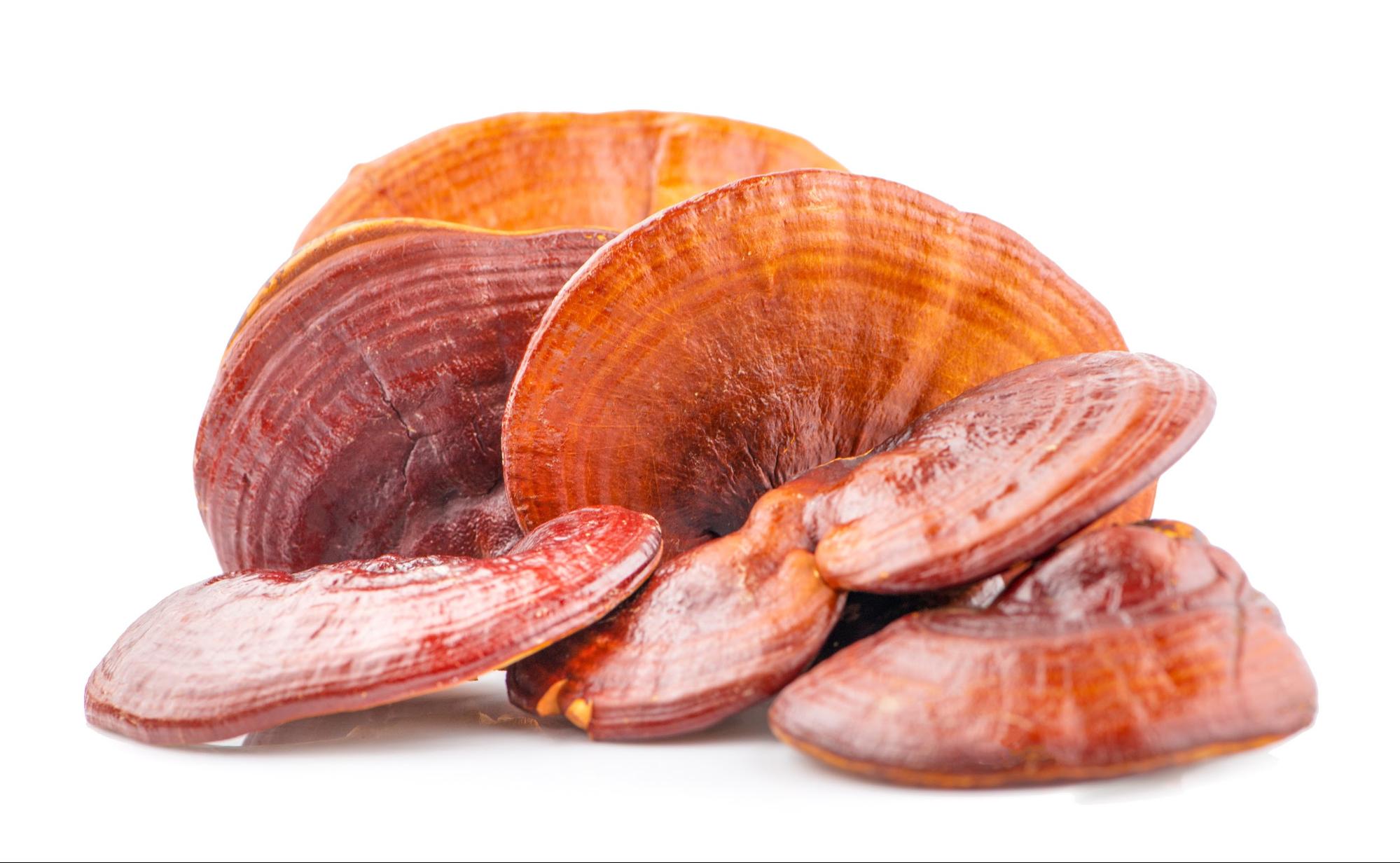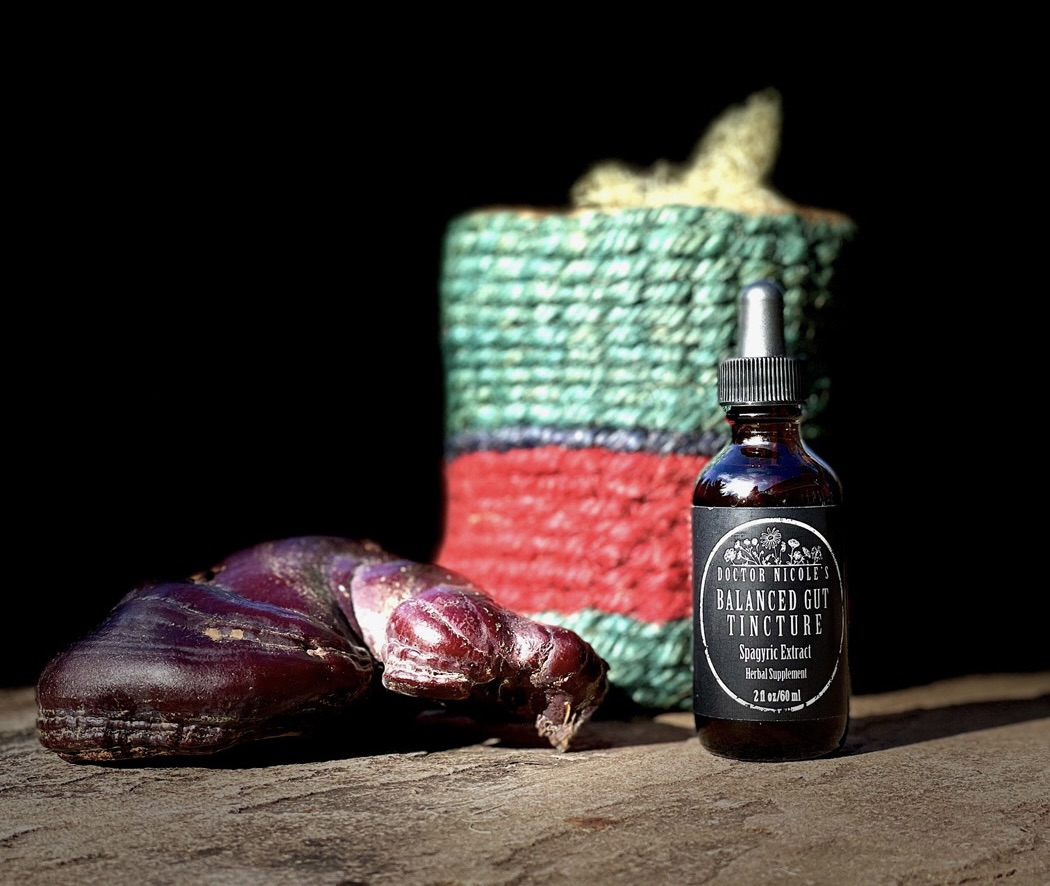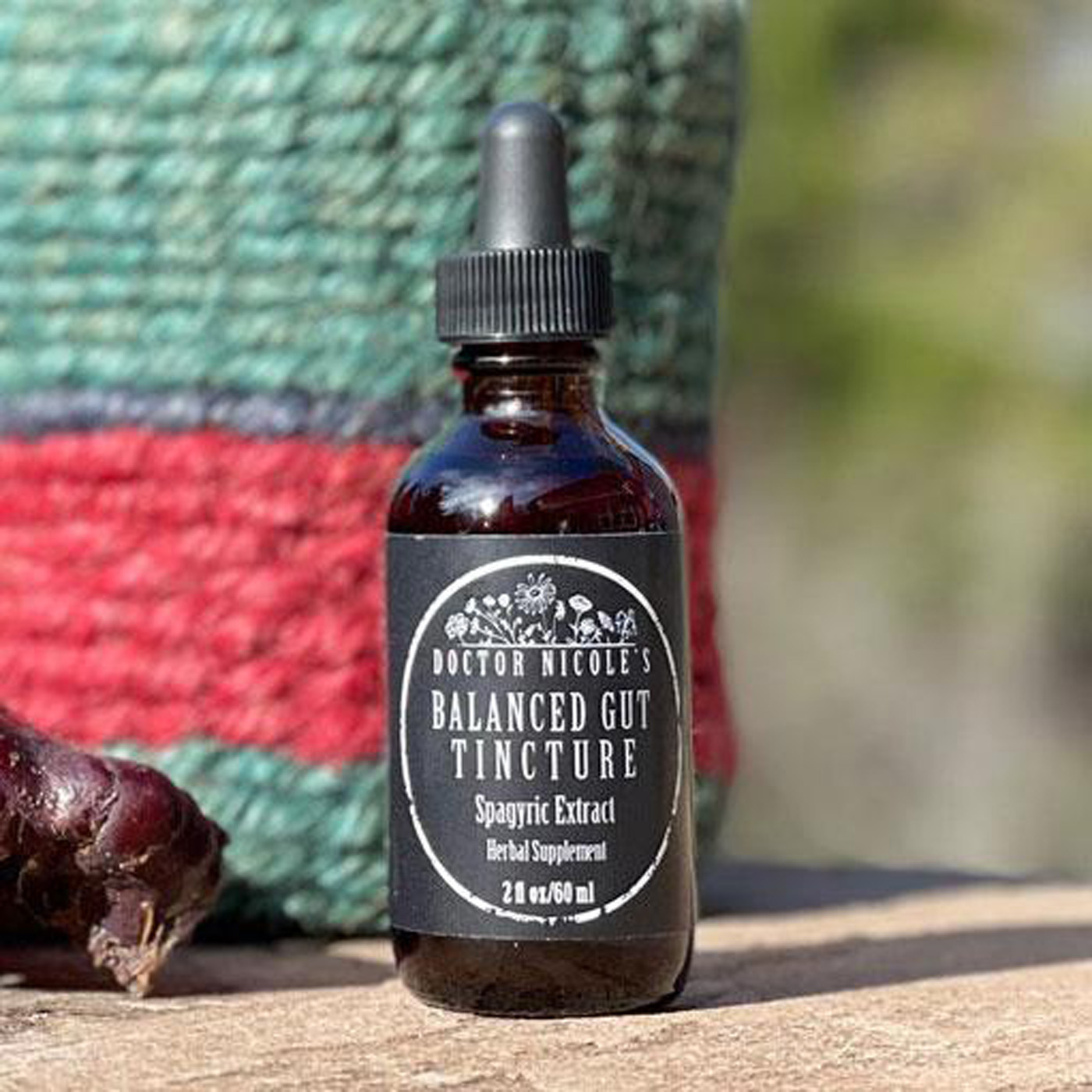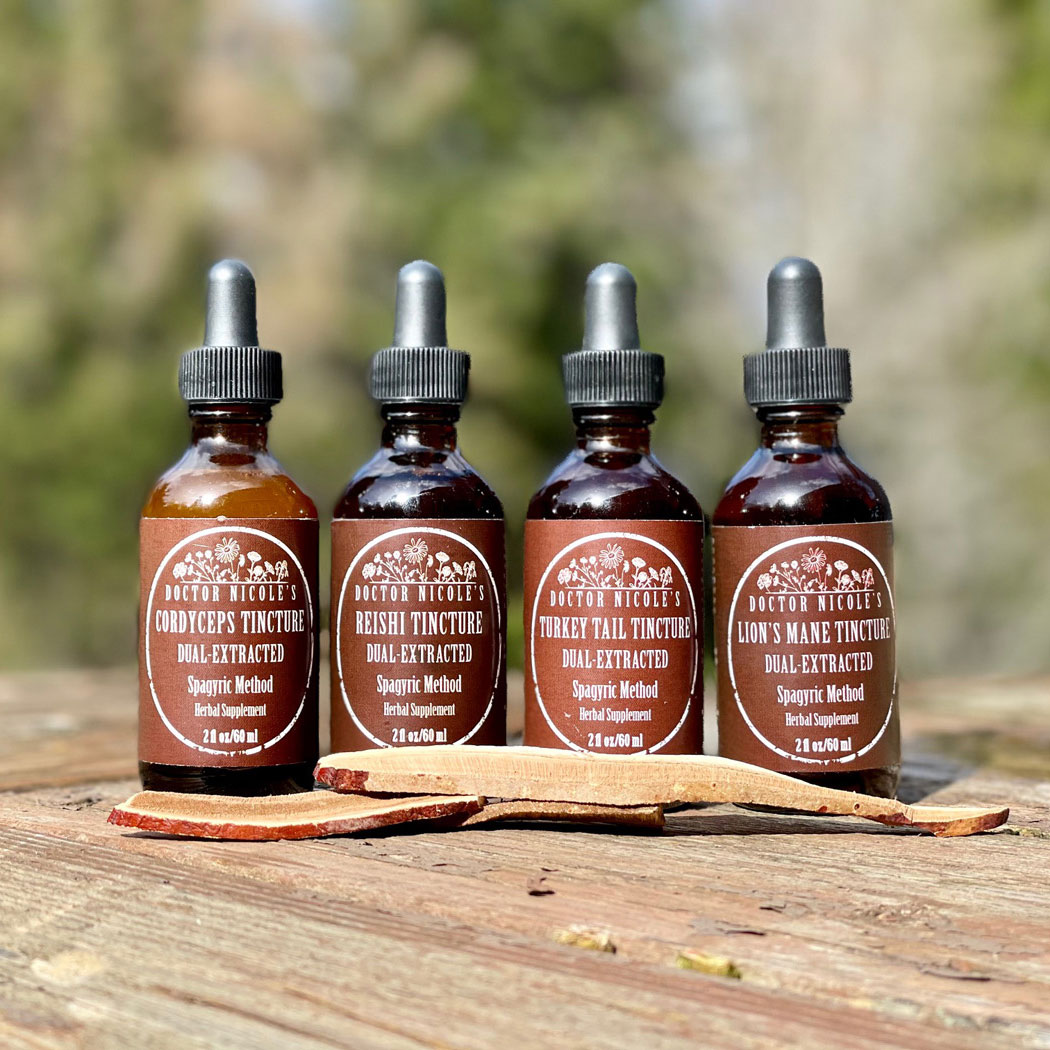The Association Between Mold Exposure & Autoimmunity
While a definitive cause of multiple sclerosis (MS) has yet to be found, studies have established a strong correlation between mold toxicity and the development of the disease. With newer building construction methods that promote the growth of mold, we are seeing a rise in health conditions that are linked with inflammation, immune activation, and a decrease in the formation of new brain cells. Mycotoxins produced by mold also cross the blood-brain barrier and directly damage nerve cells.1 These factors create the perfect storm for demyelination of nerves and the development of MS.2 The implications are serious; luckily, there are active steps we can take to minimize exposure, along with herbal support that can help to address mold illness and/or autoimmunity if it does arise. Let’s take a look at who is at risk, how it contributes to autoimmune disorders like multiple sclerosis, and all-natural treatments that are available.
The Research
A disease that occurs as a consequence of central nervous system neuronal demyelination, researchers have long suspected viruses, genetic makeup, or immune dysfunction to be the primary cause of multiple sclerosis. Fungal toxins have also come into the forefront of investigation as they are known to target and destroy CNS astrocytes and oligodendrocytes.2
In a 2010 review, “Fungal toxins and multiple sclerosis: a compelling connection”, the authors note that “without these glial support cells, myelin degrades triggering the onset of multiple sclerosis and it’s associated symptoms.”2 The team points out that gliotoxin is a heat-stable secondary metabolite produced by species of Aspergillus and Candida, which impairs immune function, increases blood-brain barrier permeability, and is neurotoxic.
A subsequent study published in 2016 also suspects that mold illness plays a significant role in the development of MS and brings attention to the fact that the incidence of the disease increases the further you are from the equator, which also correlates with mold exposure and lower vitamin D levels — a crucial nutrient for immune system modulation. The author poses the question: “Could MS be primarily due to the combination of mold exposure and vitamin D deficiency?”.3
Multiple sclerosis isn’t the only autoimmune disorder associated with mold exposure — rheumatoid arthritis, lupus, celiac disease, Hashimoto’s thyroiditis, and Sjögren’s syndrome are also considered mold-related conditions. Moreover, a 2016 Finnish study established an alarming statistic that revealed 2 out of 30 occupants of a moldy schoolhouse developed very rare autoimmune diseases: inclusion body myositis and neurosarcoidosis.4

How to Heal
If you suspect your health has been compromised due to mold exposure, it is critical to address your environment to reduce additional exposure. Here are a few suggestions to get you started:
- Control Moisture Levels - Mold thrives in damp, humid conditions. Use dehumidifiers and exhaust fans — especially in bathrooms, kitchens, and basements — to keep humidity in check and prevent moisture buildup.
- Address Leaks Immediately – Leaky roofs, windows, or plumbing can create ideal conditions for mold. Repair any water damage promptly to reduce the risk of mold taking hold.
- Keep Surfaces Clean and Dry – Regularly clean and thoroughly dry surfaces that are prone to dampness. Pay special attention to areas like showers, sinks, and basement floors.
- Choose Mold-Resistant Materials – When renovating or building, opt for materials designed to resist mold, such as mold-resistant drywall, insulation, and paints.
- Monitor for Signs of Mold – Stay alert for early signs of mold, including musty smells, stains, or discoloration on walls and ceilings.
- Use Proper Protective Gear – If cleaning mold yourself, always wear gloves, goggles, and a mask to reduce exposure to potentially harmful spores.
- Maintain Good Indoor Air Quality – Healthy air circulation is key. Use air purifiers and ensure your home is well-ventilated to minimize airborne mold spores.
- Seek Professional Help – If you suspect mold exposure—especially if you have an autoimmune condition—consult with a qualified professional. They can assess your environment and offer guidance tailored to your specific health needs.
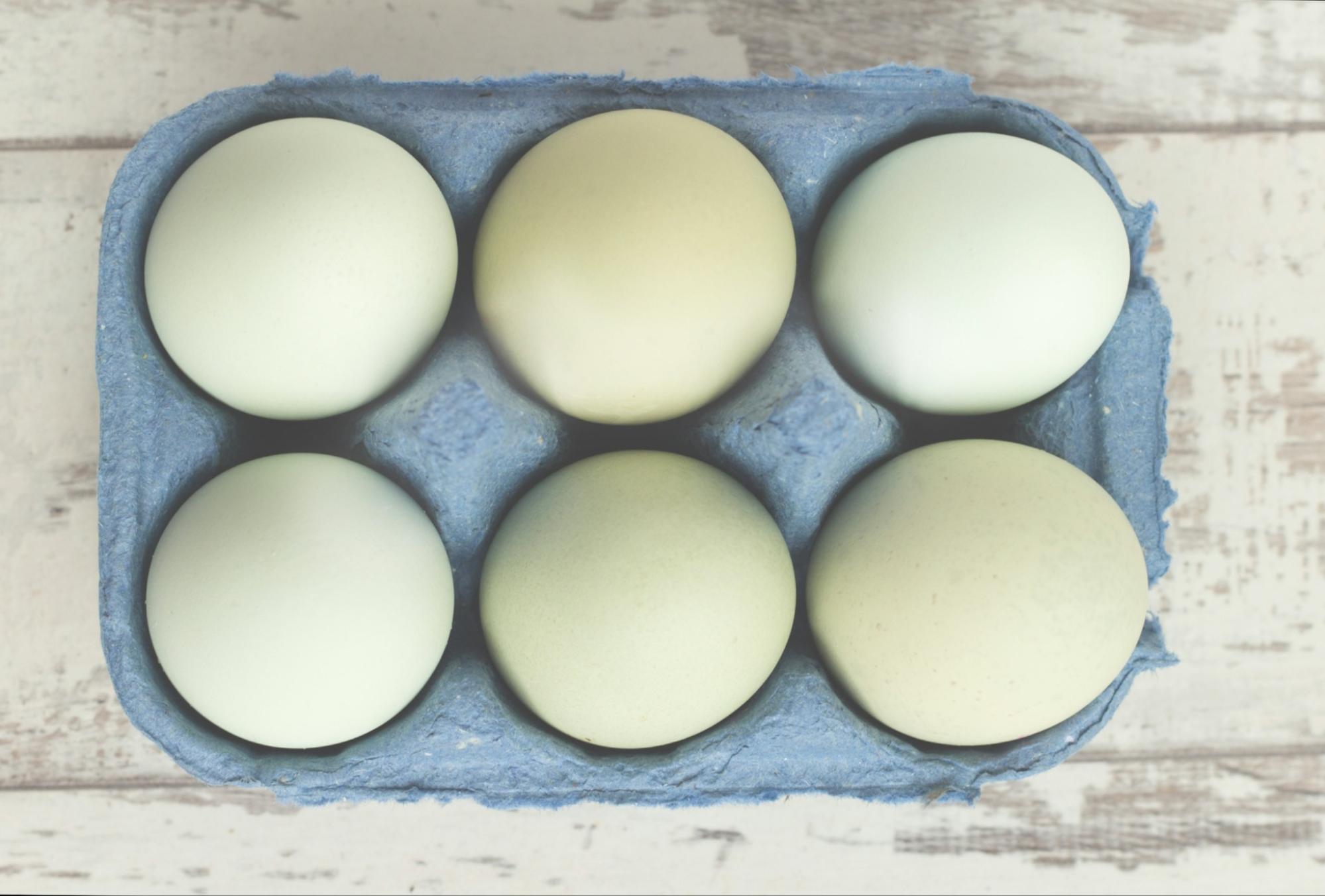
Your diet can also be a source of mold and mycotoxin exposure – especially grains, nuts, dried fruit, and processed food. Focus more on colorful fresh vegetables and leafy greens; sweet potatoes; low-sugar fruits such as berries, apples, and avocados; onions and garlic; fresh herbs, including basil, thyme, cilantro, oregano, and sage; ginger, cinnamon, and turmeric; coconut oil and extra-virgin oil; grass-fed beef, wild caught fish, and organic, free-range poultry; eggs and legumes.
Plant-Based Support for Inflammation, Autoimmunity, & Gut Health
Another important aspect of healing involves medicinal herbs to help tame inflammation, address autoimmunity, and promote gut health — which is often compromised with mold exposure and can lead to leaky gut, immune dysfunction, microbiome dysbiosis, food sensitivities, and more.
Our Mushroom FOURtress Bundle contains concentrated reishi, lion’s mane, cordyceps, and turkey tail tinctures. This collection is formulated for maximum potency, effectiveness, and purity, using only dual-extracted fruiting bodies to ensure the highest quality without the risk of mycotoxins or problematic contaminants. It’s our top autoimmune, anti-inflammatory bundle. Here’s why.
Cordyceps supports the lungs and brain, calms chronic inflammation, and is neuroprotective. Lion’s Mane is a powerful ally for cognitive and nerve function, helping to boost energy and reduce stress. Reishi, a renowned adaptogen, promotes restful sleep, modulates immune function, and helps the body manage stress more effectively. Turkey tail is a powerhouse for reducing inflammation, supporting gut and heart health, and promoting balanced blood sugar.
Our Balanced Gut Blend is formulated with dual-extracted, fruiting body reishi, turkey tail, and lion’s mane medicinal mushrooms. It also contains plantain, slippery elm, and marshmallow root to heal leaky gut, promote a healthy microbiome, calm inflammation, and soothe the intestinal tract. Along with our Mushroom FOURtress, I use this blend every day to manage my multiple sclerosis.
Support your health and vitality with these plant-based medicinal extracts. Visit my apothecary today to explore our potent formulations and learn how they can help you along your healing journey!
Nicole Apelian
Nicole’s Apothecary Products in this Post
References
- Benjelloun, N., Charriaut-Marlangue, C., Hantaz-Ambroise, D., Ménard, A., Pierig, R., Alliel, P. M., & Rieger, F. (2002). Induction of cell death in rat brain by a gliotoxic factor from cerebrospinal fluid in multiple sclerosis. Cellular and molecular biology (Noisy-le-Grand, France), 48(2), 205–212.
- Purzycki, C. B., & Shain, D. H. (2010). Fungal toxins and multiple sclerosis: a compelling connection. Brain research bulletin, 82(1-2), 4–6. https://doi.org/10.1016/j.brainresbull.2010.02.012
- Pizzorno, J., & Shippy, A. (2016). Is Mold Toxicity Really a Problem for Our Patients? Part 2-Nonrespiratory Conditions. Integrative medicine (Encinitas, Calif.), 15(3), 8–14.
- Tuuminen, T., & Rinne, K. S. (2017). Severe Sequelae to Mold-Related Illness as Demonstrated in Two Finnish Cohorts. Frontiers in immunology, 8, 382. https://doi.org/10.3389/fimmu.2017.00382


